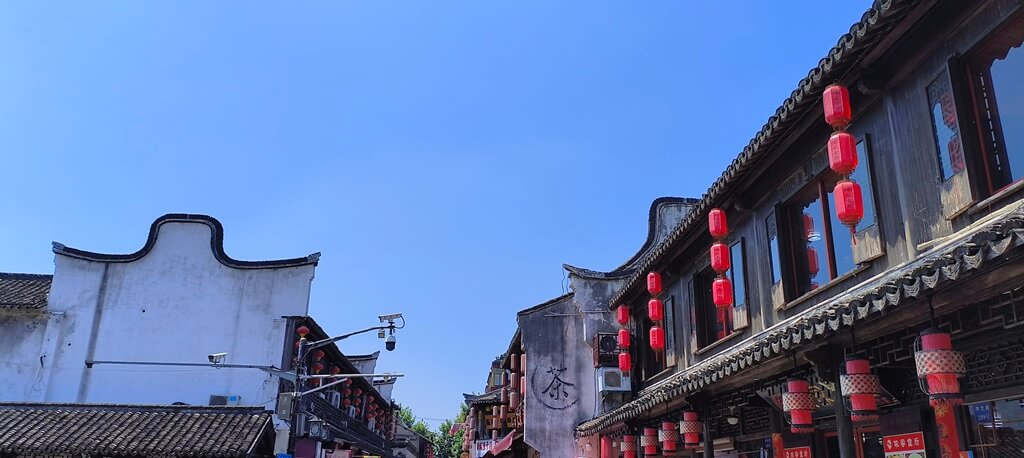In recent years, a significant and notable trend has emerged in the world’s most populous nation: a shift among China’s affluent class away from luxury goods. This development, which has been observed across various sectors and demographics, suggests a growing preference for more practical and less ostentatious forms of consumption.
The Economic Shift
The roots of this shift can be traced back to China’s rapid economic development over the past few decades. As the country has industrialized and urbanized, its middle and upper classes have expanded dramatically. This has led to an increase in disposable income and a corresponding rise in consumer spending. However, recent data and trends indicate a notable change in consumer behavior.
From Showcasing Wealth to Seeking Value
Traditionally, luxury goods have been seen as symbols of wealth and status, with brands like Gucci, Louis Vuitton, and Chanel often being indicators of success and high living. Yet, today’s Chinese consumers, particularly the younger generation, are increasingly valuing practicality and quality over mere brand names. This is partly due to a growing awareness of environmental and ethical concerns, as well as a more nuanced understanding of the true value of goods.
The Role of Social Media
Social media has played a pivotal role in shaping this trend. Platforms like Weibo and WeChat have enabled consumers to share their experiences and preferences with a wider audience. This has led to a democratization of luxury, where the once-exclusive realm of high-end goods is now accessible to a broader spectrum of consumers. Moreover, influencers and content creators often promote more affordable and sustainable alternatives, contributing to a shift in consumer priorities.
Government Policies and Economic Adjustments
China’s government has also been instrumental in steering this trend. Policies aimed at promoting domestic consumption and supporting local businesses have encouraged a preference for goods made within the country. This not only supports local economies but also promotes a more sustainable consumption pattern. Additionally, the government’s emphasis on environmental protection and sustainable development has influenced consumer choices, leading to a preference for eco-friendly products.
The Impact on Global Luxury Brands
The shift in consumer behavior has had significant implications for global luxury brands operating in China. Many brands are now adjusting their strategies to cater to this new market reality. This includes a greater focus on innovation, quality, and value, as well as a push into more sustainable and environmentally friendly products. Some brands have even started to offer more affordable lines to attract a broader customer base.
Conclusion
The collective shift of China’s affluent class away from luxury goods is a multifaceted phenomenon, influenced by economic growth, societal changes, and government policies. It represents a significant shift in consumer priorities, emphasizing value, sustainability, and practicality over mere brand status. This trend is likely to continue shaping the luxury market in China and potentially influence global consumption patterns in the years to come.
Views: 0
